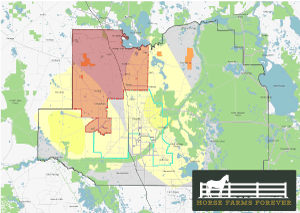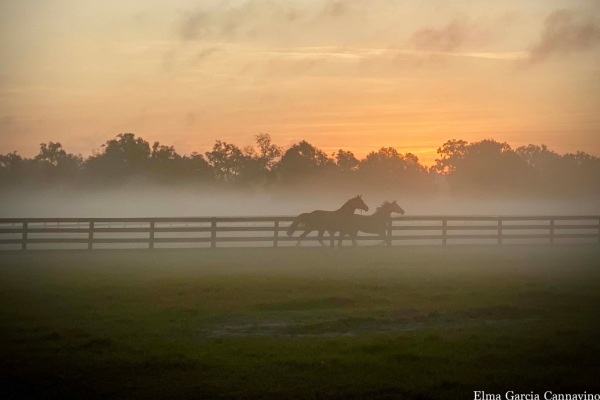
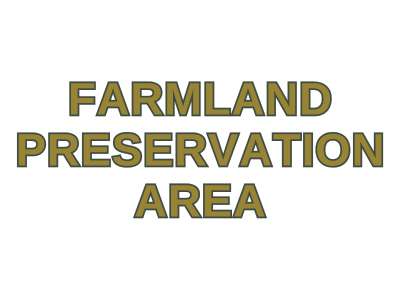

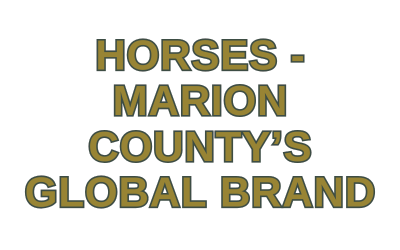
Marion County’s farmland encompasses nearly 300,000 acres of land, which is home to over 3,300 farms, including about 1,200 horse farms.
Horses are Marion County’s global brand. The presence of horses and horse farms sets us apart and makes us a destination. A well-protected and thriving Farmland Preservation Area ensures the long-term stability of the equine industry.
This rich agricultural heritage was recognized in 2001, when Ocala/Marion County was officially designated as the “Horse Capital of the World®” because there are more horses and ponies than any other county in the United States, with nearly 100,000 equines at the time of designation. Currently, there are 80,000 equines.
To help protect farmland, the Marion County Commission created the nearly 200,000-acre Farmland Preservation Area (FPA) located in the northwest part of the County in 2005 to manage growth and to protect the mineral rich soils, water, and springsheds. The minimum density in the FPA and rural areas is one house per 10 acres, which helps preserve the rural landscape. There are three main ways that the FPA helps protect farmland: the Comprehensive Plan and the Land Development Code, Rural Activity Centers, and with Conservation Easements. Learn more below.
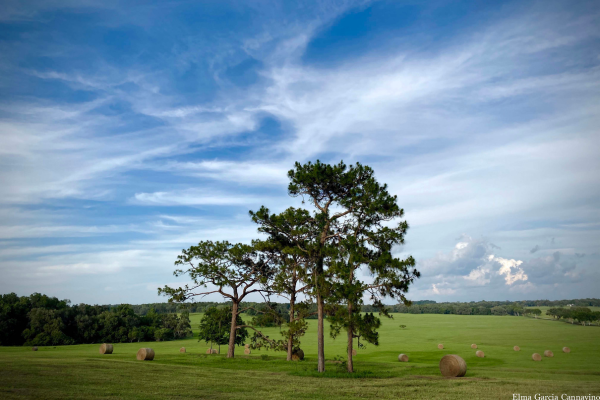
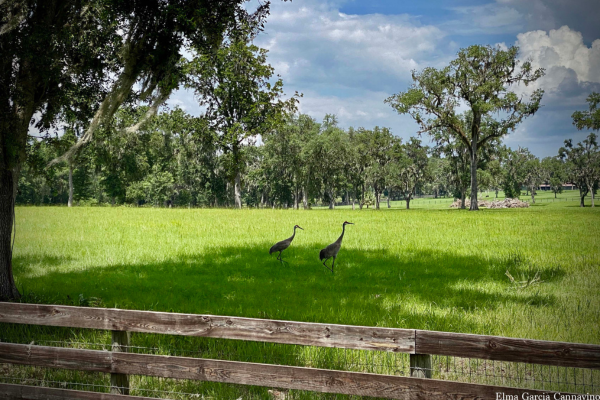
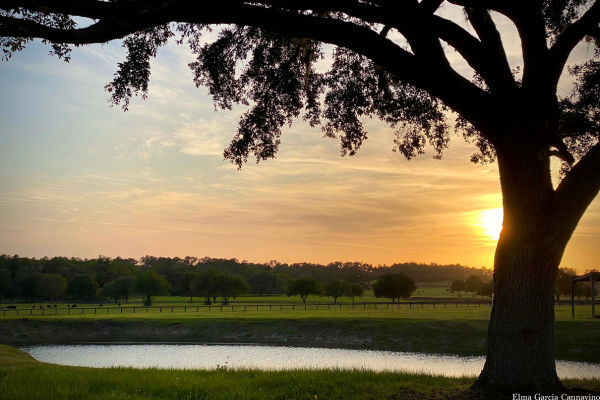

The FPA protects farmland three main ways:
1. Comprehensive Plan and the Land Development Code
- The FPA is defined by policies in the Comprehensive Plan and the Land Development Code that establish compatible rural and agricultural land uses. Comprehensive Plan Objective 3.3 states: “intended to encourage preservation of agriculture as a viable use of lands and an asset of Marion County’s economy and to protect the rural character of the area.”
- The FPA boundary is a line drawn on the County’s Future Land Use Map.
- However, the FPA policies do not prevent the subdivision of parcels, as permitted by zoning, or prevent development that is deemed compatible by the County Commissioners.
2. Rural Activity Centers
- Commercial development in the FPA is strategically located in 10 Rural Activity Centers (RAC) to prevent urban sprawl and allow for compatible commercial uses to help residents and businesses meet some of their daily needs and also reduce trips to the urban areas.
- Examples of RACs include Gilbert’s Hardware and the Berrettini Feed Store.
3. Conservation Easements
- While the FPA is called a preservation area, it’s not protected in the same way that government owned lands like the Ocala National Forest are protected. In order to truly protect horse farms and agricultural lands, the solution is conservation easements.
- To incentivize private land conservation with conservation easements, in 2004, the County Commission created a voluntary Transfer of Development Rights (TDR) program. As of today, the TDR program protects about 3,200 acres of land.
- For private property that meets the County’s TDR program requirements, in exchange for placing a conservation easement on their property, the landowner receives Transferrable Development Credits that can be sold or utilized.
- As part of Horse Farms Forever’s mission to inspire the preservation of farms, we are partnering with the nonprofit land conservancy, Conservation Florida to protect horse farms with conservation easements.
- To help incentivize private land conservation, the U.S. Congress enacted powerful federal tax incentives for conservation easement donations. For landowners that qualify, these potential tax incentives include income, property, and estate tax benefits.
HFF Comprehensive Plan Amendment to Strengthen the FPA
In 2020, a developer submitted a proposal for an ATV racetrack and a racecar drag strip in the FPA. Thankfully, the County Commission voted to deny this proposed development.
That’s why in April of 2022, Horse Farms Forever successfully amended the Marion County Comprehensive Plan to enhance the definition of rural character and add further protection to the Farmland Preservation Area against incompatible zoning changes and special use permits.
Since 2018, Horse Farms Forever has worked to strengthen the Farmland Preservation Area’s boundaries and prevented development and roadway threats. While all five current County Commissioners are strong supporters of the Farmland Preservation Area, as development pressure increases, Horse Farms Forever will continue to monitor all development applications and work to strengthen the Farmland Preservation Area.

